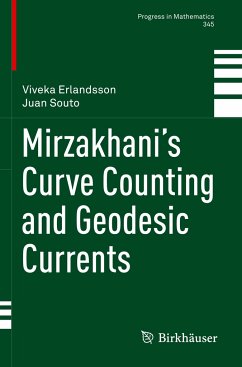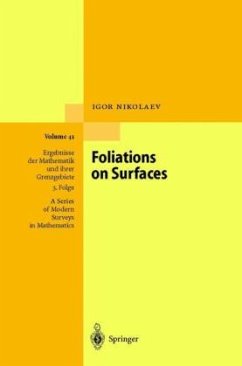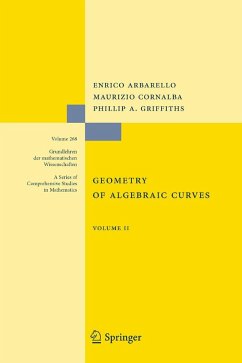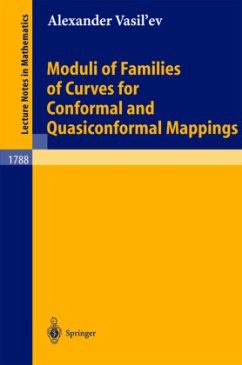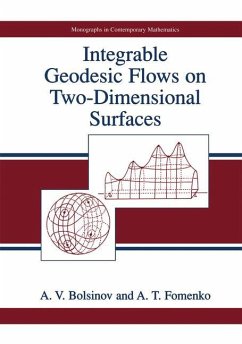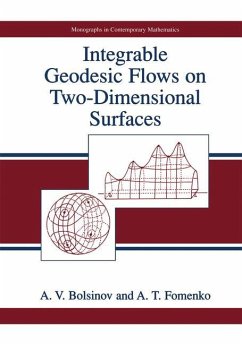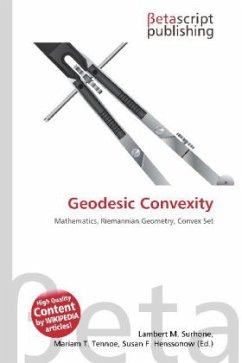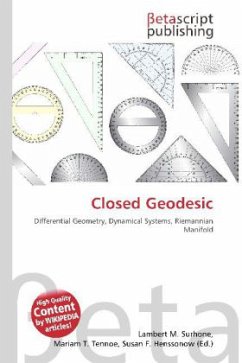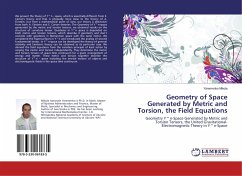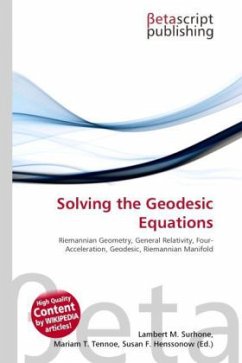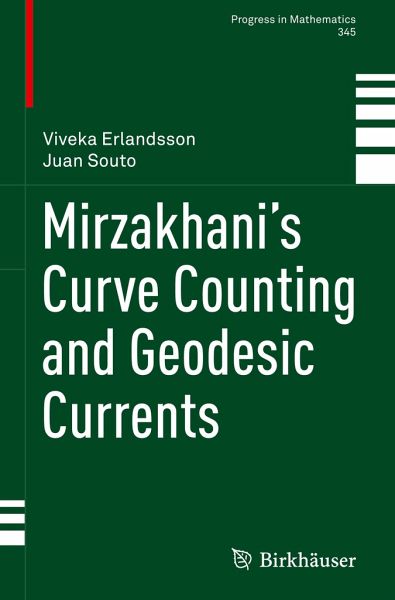
Mirzakhani's Curve Counting and Geodesic Currents
Versandkostenfrei!
Versandfertig in 6-10 Tagen
91,99 €
inkl. MwSt.
Weitere Ausgaben:

PAYBACK Punkte
46 °P sammeln!
This monograph presents an approachable proof of Mirzakhani's curve counting theorem, both for simple and non-simple curves. Designed to welcome readers to the area, the presentation builds intuition with elementary examples before progressing to rigorous proofs. This approach illuminates new and established results alike, and produces versatile tools for studying the geometry of hyperbolic surfaces, Teichmüller theory, and mapping class groups.Beginning with the preliminaries of curves and arcs on surfaces, the authors go on to present the theory of geodesic currents in detail. Highlights in...
This monograph presents an approachable proof of Mirzakhani's curve counting theorem, both for simple and non-simple curves. Designed to welcome readers to the area, the presentation builds intuition with elementary examples before progressing to rigorous proofs. This approach illuminates new and established results alike, and produces versatile tools for studying the geometry of hyperbolic surfaces, Teichmüller theory, and mapping class groups.
Beginning with the preliminaries of curves and arcs on surfaces, the authors go on to present the theory of geodesic currents in detail. Highlights include a treatment of cusped surfaces and surfaces with boundary, along with a comprehensive discussion of the action of the mapping class group on the space of geodesic currents. A user-friendly account of train tracks follows, providing the foundation for radallas, an immersed variation. From here, the authors apply these tools to great effect, offering simplified proofs of existing results and a new, more general proof of Mirzakhani's curve counting theorem. Further applications include counting square-tiled surfaces and mapping class group orbits, and investigating random geometric structures.
Mirzakhani's Curve Counting and Geodesic Currents introduces readers to powerful counting techniques for the study of surfaces. Ideal for graduate students and researchers new to the area, the pedagogical approach, conversational style, and illuminating illustrations bring this exciting field to life. Exercises offer opportunities to engage with the material throughout. Basic familiarity with 2-dimensional topology and hyperbolic geometry, measured laminations, and the mapping class group is assumed.
Beginning with the preliminaries of curves and arcs on surfaces, the authors go on to present the theory of geodesic currents in detail. Highlights include a treatment of cusped surfaces and surfaces with boundary, along with a comprehensive discussion of the action of the mapping class group on the space of geodesic currents. A user-friendly account of train tracks follows, providing the foundation for radallas, an immersed variation. From here, the authors apply these tools to great effect, offering simplified proofs of existing results and a new, more general proof of Mirzakhani's curve counting theorem. Further applications include counting square-tiled surfaces and mapping class group orbits, and investigating random geometric structures.
Mirzakhani's Curve Counting and Geodesic Currents introduces readers to powerful counting techniques for the study of surfaces. Ideal for graduate students and researchers new to the area, the pedagogical approach, conversational style, and illuminating illustrations bring this exciting field to life. Exercises offer opportunities to engage with the material throughout. Basic familiarity with 2-dimensional topology and hyperbolic geometry, measured laminations, and the mapping class group is assumed.



